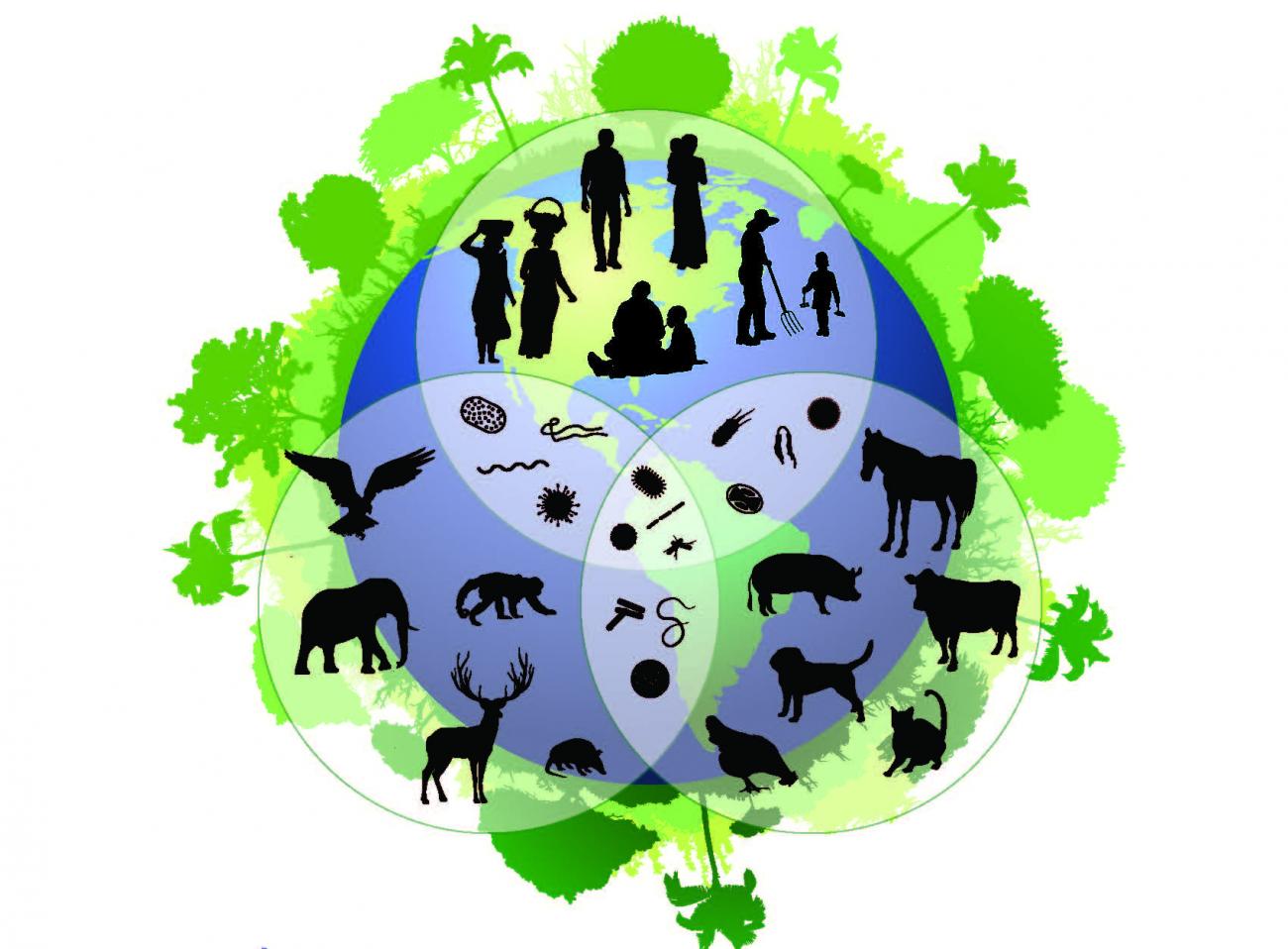
Welcome to the world of ecology and biodiversity, where the intricate web of life unfolds in a mesmerizing tapestry of interconnected relationships. At Jangkrik.ac.id, our dedication to education and inspiration shines through, urging individuals to unite in the noble cause of preserving our planet’s precious ecosystems. As stewards of this diverse and wondrous world, we strive to offer a wealth of resources that serve as beacons of knowledge, illuminating the path towards a deeper understanding of the delicate balance that sustains life on Earth. Through exploration and discovery, we unveil the mysteries of nature’s harmonious symphony, revealing the sheer beauty and resilience of all living beings that grace our planet. Let us embark on this enlightening journey together, as we celebrate the awe-inspiring marvels of ecology and biodiversity.
Importance of Ecology and Biodiversity
Ecology and biodiversity are interconnected elements that form the foundation of our natural world. Ecology focuses on the relationships between organisms and their environments, highlighting the intricate balance that sustains life on Earth. Biodiversity, on the other hand, refers to the variety of living species that coexist and contribute to the overall health of ecosystems. Together, they create a harmonious tapestry of life that is both resilient and beautiful.
The importance of ecology and biodiversity cannot be overstated. They provide numerous ecosystem services essential for human well-being, such as clean air and water, fertile soil for agriculture, and natural resources for medicine and food. By preserving these invaluable resources, we not only ensure our own survival but also protect the countless species that share this planet with us.
Furthermore, ecology and biodiversity play a crucial role in maintaining the stability of the environment. Through complex interactions and feedback loops, diverse ecosystems can adapt to changes and disturbances, promoting sustainability and resilience in the face of challenges. By understanding and valuing the intricate web of life around us, we can work towards a future where harmony in diversity thrives, benefiting both current and future generations.
Resources for Deepening Understanding
Now, let’s delve into the array of resources available on Jangkrik.ac.id to enrich your knowledge about ecology. The online platform offers a diverse range of articles, research papers, and case studies authored by experts in the field. You can explore topics such as ecosystem dynamics, species interactions, and conservation strategies, providing a comprehensive overview of the intricate connections within nature.
Additionally, Jangkrik.ac.id features interactive webinars and virtual workshops conducted by renowned ecologists and biodiversity specialists. These engaging sessions allow participants to delve deeper into specific ecological concepts, discuss current environmental challenges, and brainstorm innovative solutions. The interactive nature of these events fosters a sense of community among like-minded individuals passionate about preserving our planet’s rich biodiversity.
Furthermore, the platform provides access to an extensive library of multimedia resources, including informative videos, podcasts, and infographics. These visually engaging materials offer a dynamic way to learn about complex ecological concepts, making the content more accessible and captivating for audiences of all ages. By incorporating multimedia elements into the learning experience, Jangkrik.ac.id ensures that education about ecology and biodiversity is not only informative but also enjoyable.
Role of Ecology in Nature’s Balance
Jangkrik4d
Ecology is the study of the interactions between organisms and their environment. It is essential for understanding how all living beings, from the tiniest insects to the largest mammals, coexist and depend on each other for survival. By studying ecology, we gain insights into the delicate balance that exists in nature and how disruptions to this balance can have far-reaching consequences.
Biodiversity, a key component of ecology, refers to the variety of species and ecosystems in a certain area. It plays a crucial role in maintaining ecosystem stability and resilience. When there is a rich diversity of plant and animal species, ecosystems are better able to withstand environmental changes and disturbances. This diversity ensures that there are checks and balances within the ecosystem, preventing any one species from dominating and causing imbalances.
By understanding the intricate relationships within ecosystems, we can appreciate the interconnectedness of all living organisms. Each species, no matter how small or seemingly insignificant, has a role to play in the greater web of life. Through ecological studies, we can learn to respect and protect the diversity of life on Earth, ensuring that future generations can also enjoy the wonders of our planet’s rich biodiversity.
